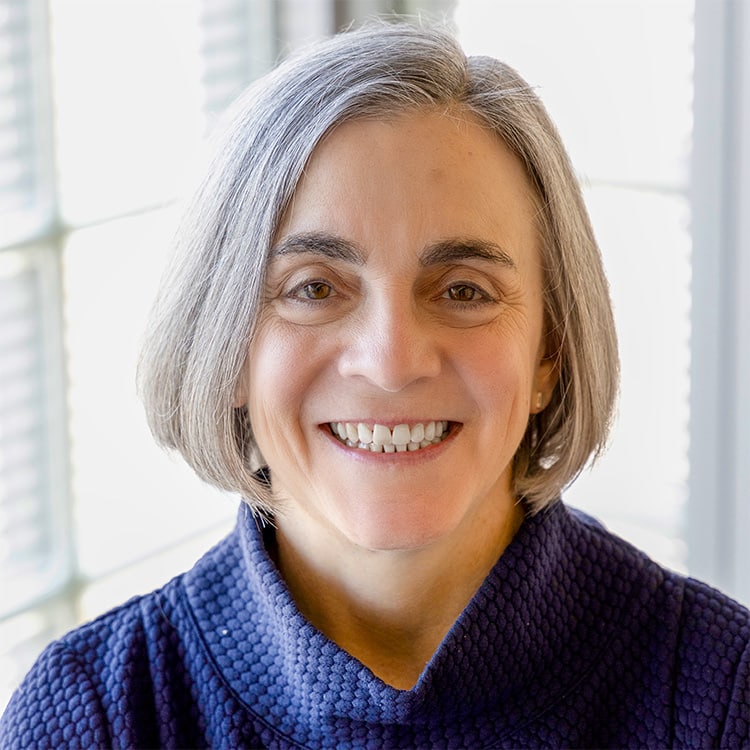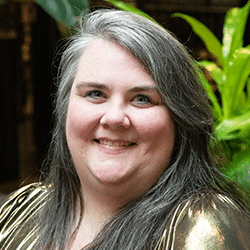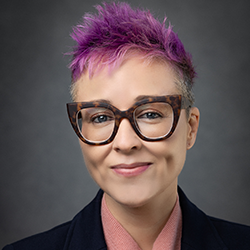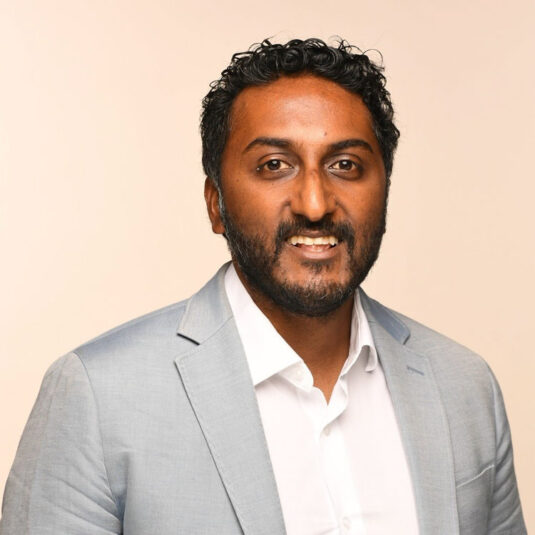Where patients, notes, and A meet


Where patients, notes, and AI meet
Emerging information technologies in clinical documentation and patient-clinician communication offer exciting opportunities. They also present significant challenges. Ensuring these tools work well for patients and clinicians is critical. Enter: the OpenNotes Lab.
A primary objective of the OpenNotes Lab is advocating for the deployment of artificial intelligence (AI) that enhances trust and communication between patients and their care teams. The OpenNotes Lab is establishing an environment to test new initiatives in partnership with clinicians, patients and developers. In this context, the Lab will design, evaluate, and guide innovations in clinical documentation, medical records, and patient engagement.
Our primary questions are:
We are interested in partnering with:
If you’d like to join our efforts, send us a message, and let us know what kind of collaboration you’re interested in. We’d love to hear from you.
OpenNotes is an international movement studying, spreading, and teaching transparent communication among patients, families, and clinicians. Based at Beth Israel Deaconess Medical Center, a major Harvard Medical School teaching hospital, OpenNotes is a not-for-profit research and advocacy organization. We're motivated by evidence indicating that when clinicians offer patients and families ready access to clinical notes, the quality and safety of care improves. When clinical notes are shared with patients, we call these ‘open notes.’
Prior to the enactment of the U.S. 21st Century Cures Act information blocking rule of 2021, OpenNotes helped lead a movement that showed patients, care partners, and clinicians benefit from more transparent communication.
OpenNotes has published more than 100 peer-reviewed papers and commentaries focused on understanding the effects of transparency in healthcare. We have turned our wide-ranging body of research into practical, educational tools for both patients and clinicians.
WhereIsMyMedicalRecord.org and HowToUse.OpenNotes.org are web resources aimed at helping patients navigate their records, understand how to recognize and report information blocking, and get the most out of reading their notes. HowToUse.OpenNotes.org is also available in Spanish.
We also have robust web resources to help clinicians and health systems understand best practices in sharing notes, including in mental health, pediatric and adolescent contexts, and with care partners. Learn more about communicating more broadly with patients about open notes here. You can also access our full library of research here.

Principal Investigator, OpenNotes Lab
Director, OpenNotes, Beth Israel Deaconess Medical Center
Associate Professor of Medicine, Harvard Medical School

Deputy Director, OpenNotes Lab
OpenNotes, Beth Israel Deaconess Medical Center

Communications & Patient Initiatives Director
OpenNotes, Beth Israel Deaconess Medical Center

Chethan Sarabu, MD, FAAP, FAMIA
AI & Informatics Strategist, OpenNotes Lab
Clinical Assistant Professor of Pediatrics, Stanford Medicine
![]() Except where otherwise noted, the content by OpenNotes is licensed under a Creative Commons Attribution 4.0 International License.
Except where otherwise noted, the content by OpenNotes is licensed under a Creative Commons Attribution 4.0 International License.
NEW WEBINAR
Getting It Write: What To Do Now That Patients in England Can Read Their GP Notes
Tuesday, November 1, 2022 | 8am Pacific Standard Time (PST)
11am Eastern Standard Time (EST) / 3pm Greenwich Mean Time (GMT)
While open notes have been the “law of the land” in the United States for more than a year, in England, adult patients accessing care through the National Health Service (NHS) will have access to their primary care record online for the first time starting Nov. 1, 2022.
In this webinar, we’ll be joined by open notes experts and discuss what this change means for patients and general practitioner (GP) staff in England.


